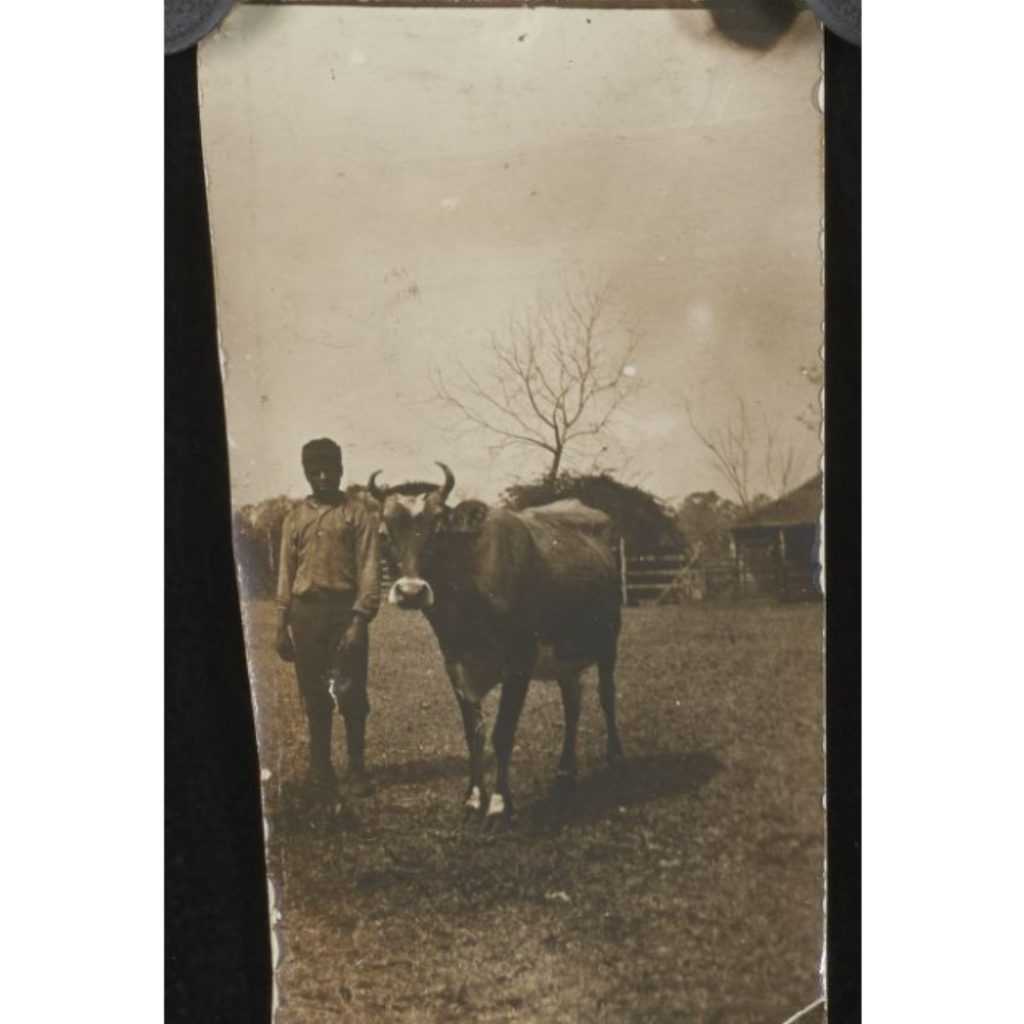ATHENS, Ga.–May 30, 2024
Funded by the Digital Library of Georgia’s competitive digitization subgrant program, a compelling collection of records representing the history of this Methodist church community and its role in shaping the city of Suwanee from the 1880s through the 1950s.
These records include vital statistics (marriages, infant baptisms, and dates of death) before the state of Georgia began retaining such information in 1919.
You can view the collection here: https://dlg.usg.edu/collection/sfumc_sfumc-hd
As early as 1873, regular church services were held in a schoolhouse. The church was formally established in 1876 and organized by 34 charter members. Early church records include local names recognized on Suwanee’s streets and parks such as Brogdon and Pierce.
Members represented in church records such as Harris, Baxter, Rhodes, and Born were integral community members who devoted themselves to service. They built their homes and raised their families in close proximity to the church, and celebrated important life events amongst fellow church members, such as baptisms, marriages, and deaths.
“I grew up and now live close to the church, becoming a member in 1977, along with my wife and two sons,” said James M. Burnette, Jr., mayor of Suwanee. “The church has a rich history in the community, and its historic records document marriages, baptisms, deaths, conference records, Sunday school records, United Methodist Women’s meetings, and other pertinent church events and data.”
The availability of these records in the DLG is important to those researching United Methodist Church history, the history of Suwanee and its early settlers, or are seeking vital documents prior to 1919, when Georgia started recording them, or other aspects of Suwanee local history.
About the Suwanee First United Methodist Church (Suwanee, Ga.)
As Suwanee, Georgia’s first church, Suwanee United Methodist Church’s goal has been to glorify God and serve His people since 1873. The current church sanctuary has welcomed the community for prayer and worship since 1910. With different pastors, new programs, and the same message of grace and hope, Suwanee is a church that has stood for many years and is excited about making a difference for years to come.
The Suwanee First United Methodist‘s United Women of Faith worked with the Suwanee Creek Chapter, NSDAR to organize and preserve the contents of this collection. The original documents will be kept in archival storage at the Gwinnett Historical Society.
About the Digital Library of Georgia
The Digital Library of Georgia (DLG) is Georgia’s statewide cultural heritage digitization initiative. It is a joint project between the University of Georgia Libraries and GALILEO. The DLG collaborates with Georgia’s cultural heritage and educational institutions to provide free online access to historic resources in Georgia. The DLG develops, maintains, and preserves digital collections and online resources and partners to build digitization capacity and technical infrastructure. It acts as Georgia’s service hub for the Digital Public Library of America (DPLA) and facilitates cooperative digitization initiatives. The DLG serves as the home of the Georgia Newspaper Project, Georgia’s print journalism preservation project.
Selected images from the collection:
Title: “1955 church newsletter,” 1955
URL: https://dlg.usg.edu/record/sfumc_sfumc-hd_cn1955
Collection: Suwanee First Methodist Church Historic Documents
Courtesy of the Suwanee First United Methodist Church (Suwanee, Ga.) and the Gwinnett Historical Society

Title: “1890s – Mr. E. S. Brodgon agrees to build the church, photo of church,” 1890/1899
URL: https://dlg.usg.edu/record/sfumc_sfumc-hd_brogdon1890s
Collection: Suwanee First Methodist Church Historic Documents
Courtesy of the Suwanee First United Methodist Church (Suwanee, Ga.) and the Gwinnett Historical Society




